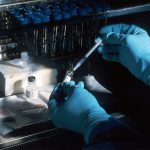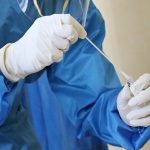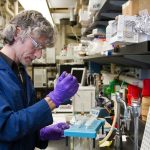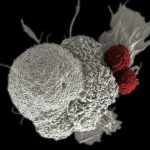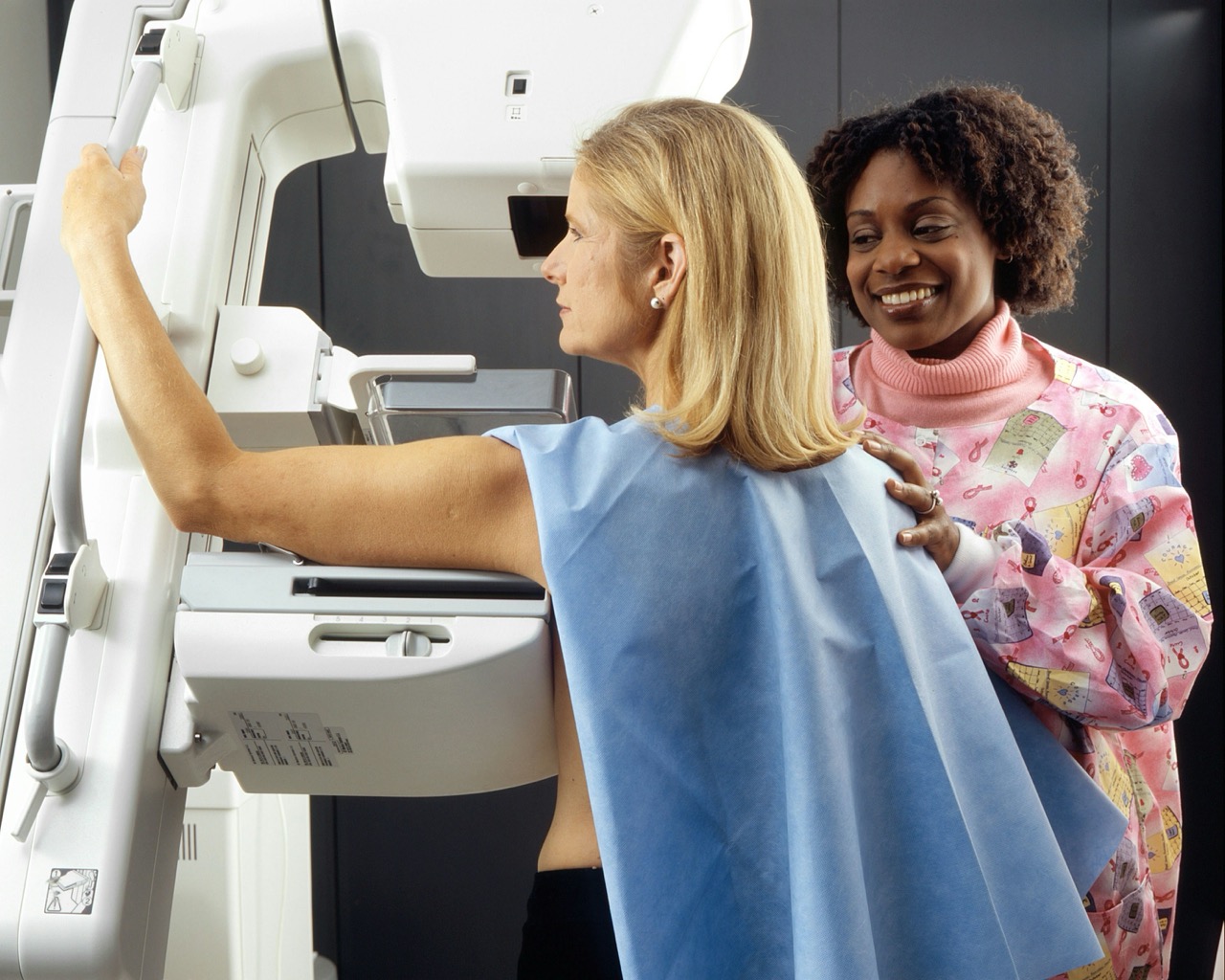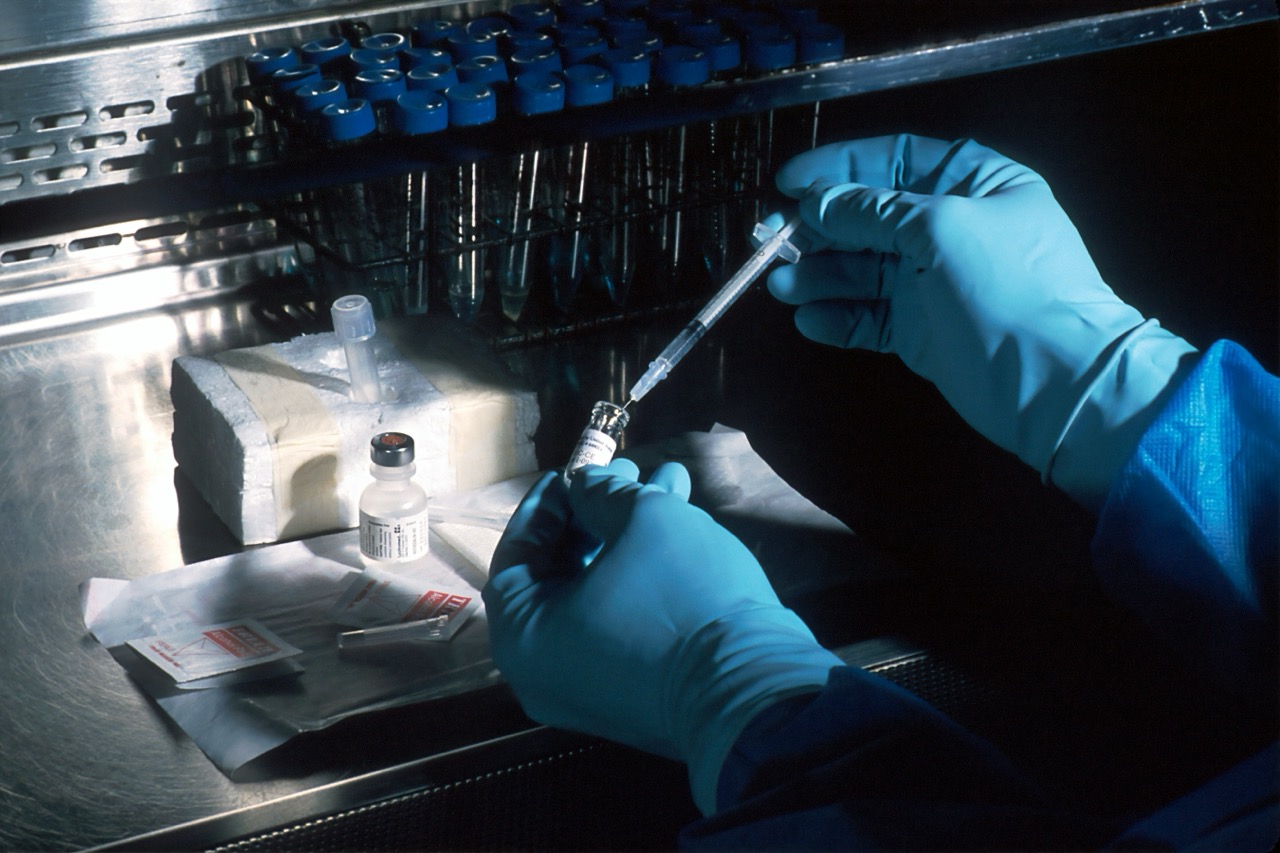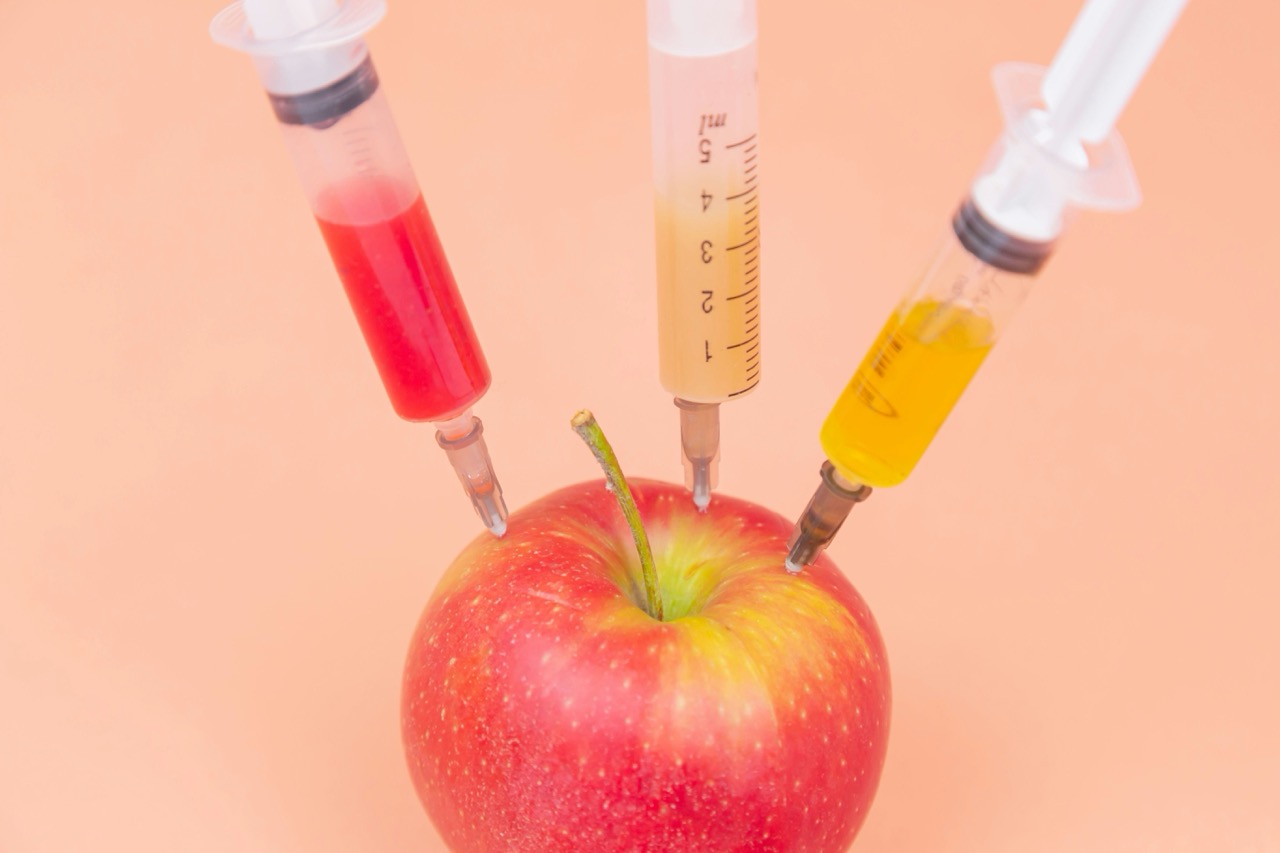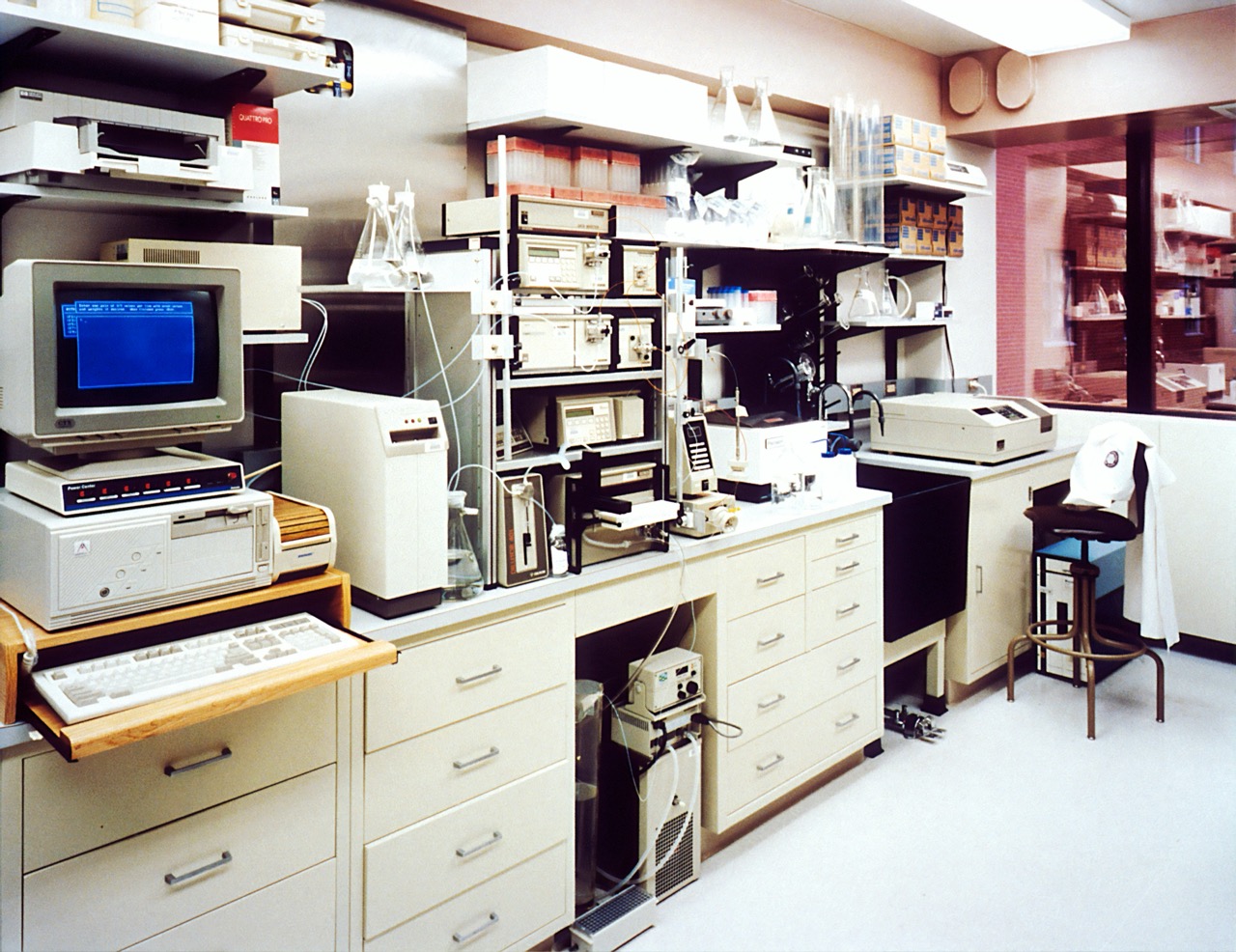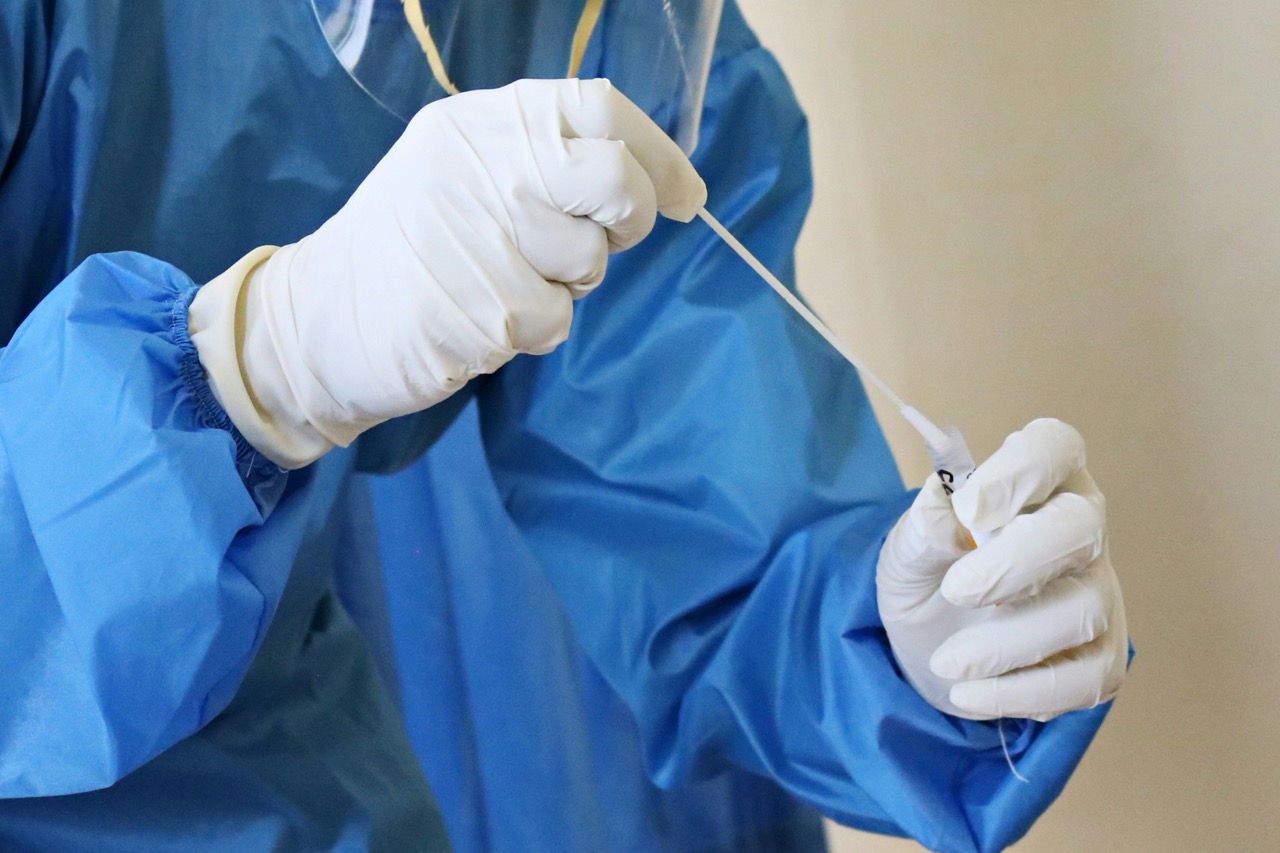The human papillomavirus (HPV) is one of the most common sexually transmitted infections, with many strains potentially leading to serious health issues, including various forms of cancer. While the HPV vaccine has become widely recognized for its efficacy in younger populations, the question remains: Does the HPV vaccine work for adults? Understanding the implications of vaccination at different life stages is crucial for effective public health strategies and personal health decisions. This article delves into the effectiveness of the HPV vaccine in adults, addresses common misconceptions surrounding its use, and reviews current recommendations and guidelines.
Understanding the HPV Vaccine: An Overview for Adults
The HPV vaccine is designed to protect against the strains of the virus that are most commonly associated with cervical, anal, and oropharyngeal cancers, as well as genital warts. The vaccine works by stimulating the immune system to recognize and combat the virus, thereby reducing the likelihood of infection and subsequent disease development. Although the vaccine is most effective when administered before the onset of sexual activity, it remains a viable option for adults who have already been exposed to the virus.
Adult vaccination can still confer benefits, particularly for those who have not yet been exposed to the specific strains covered by the vaccine. The current formulations, such as Gardasil 9, target nine HPV strains, thereby broadening the protective scope beyond the more limited earlier versions of the vaccine. Furthermore, studies indicate that the immune response generated by the vaccine in adults is robust, suggesting that even those who are already sexually active can derive significant protective benefits.
In summary, while the primary target demographic for the HPV vaccine is preteens and adolescents, adults can still gain valuable protection from vaccination. Understanding the function and benefits of the vaccine is crucial for informed decision-making, particularly for those in the sexually active adult population.
The Effectiveness of HPV Vaccine in Adult Populations
Research indicates that the HPV vaccine is effective in reducing the incidence of HPV-related diseases among adults, albeit the magnitude of protection may vary based on individual factors such as age and prior exposure to the virus. Clinical studies have shown that vaccinated adults demonstrate a significantly lower prevalence of cervical lesions associated with HPV compared to unvaccinated individuals. Moreover, the protective effect extends to men, where the vaccine has been shown to reduce the risk of anal cancers and genital warts.
The timing of vaccination plays a critical role in its effectiveness. Adults who receive the vaccine before becoming sexually active or before potential exposure to HPV can expect to gain the most protection. However, vaccinated individuals who have already been exposed to certain HPV strains may still benefit, as the vaccine can protect against other strains not previously encountered. This is especially relevant for those who may have multiple sexual partners or engage in high-risk behaviors.
Overall, while the effectiveness of the HPV vaccine may not be as pronounced in adults as it is in younger populations, significant health benefits still exist. The vaccine can serve as a crucial tool in the prevention of HPV-related diseases, underscoring the importance of vaccination at any age.
Addressing Common Misconceptions About HPV Vaccination
One of the most prevalent misconceptions about the HPV vaccine is that it is only necessary for young individuals who are not yet sexually active. Many adults may believe they are outside the target demographic, thus dismissing the potential benefits of vaccination. However, medical experts emphasize that HPV can affect anyone, and vaccination can still provide protection against strains not yet contracted. Adults who have been sexually active are still encouraged to consider the benefits of vaccination.
Another common myth involves the belief that the HPV vaccine promotes promiscuity or leads to risky sexual behaviors. Numerous studies have debunked this notion, showing no significant change in sexual behavior among those who have been vaccinated. In fact, education about the vaccine may empower individuals to engage in safer sexual practices, knowing they have a layer of protection against HPV-related diseases.
Lastly, some adults may fear potential side effects of the vaccine, often citing anecdotal reports of adverse reactions. While, like any medical intervention, the HPV vaccine can have side effects, most are mild and temporary, such as soreness at the injection site. Serious side effects are exceedingly rare, and the benefits of vaccination in terms of cancer prevention and overall health far outweigh the associated risks. Addressing these misconceptions is essential for promoting informed decision-making regarding HPV vaccination among adults.
Recommendations and Guidelines for Adult HPV Vaccination
Health organizations, including the Centers for Disease Control and Prevention (CDC) and the World Health Organization (WHO), recommend HPV vaccination for adults up to the age of 45. This expanded age range reflects growing evidence that adults can still benefit from vaccination, particularly those who have not been previously vaccinated or are at higher risk for HPV-related diseases. The CDC specifically encourages discussions regarding vaccination between healthcare providers and patients, highlighting that individual circumstances should inform vaccination decisions.
For adults aged 27 to 45, the decision to get vaccinated should involve a personalized conversation with a healthcare provider, who can assess individual risk factors, potential exposure to HPV, and specific health circumstances. In general, adults who may benefit from the vaccine include those with multiple sexual partners, individuals with weakened immune systems, and those engaged in high-risk behaviors.
Ultimately, the guidelines promote not only the prevention of HPV-related diseases but also the importance of regular screenings for cervical cancer, especially for women. Vaccination serves as a complementary strategy alongside routine screenings to enhance overall health outcomes. By adhering to these recommendations, adults can empower themselves with protective measures against HPV and contribute to broader public health efforts in combating this pervasive virus.
In conclusion, the HPV vaccine offers significant protective benefits for adults, contrary to common misconceptions that it is only pertinent for younger populations. With robust evidence supporting its effectiveness, particularly for those who have not yet been exposed to the virus, the importance of vaccination remains clear. Addressing the myths and understanding the recommendations can facilitate informed decision-making, ultimately contributing to a reduction in HPV-related diseases. As public health initiatives continue to evolve, promoting vaccination among adults is crucial in the ongoing fight against HPV and its associated health risks.
